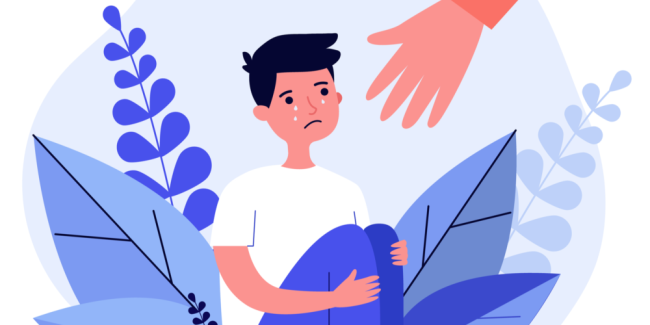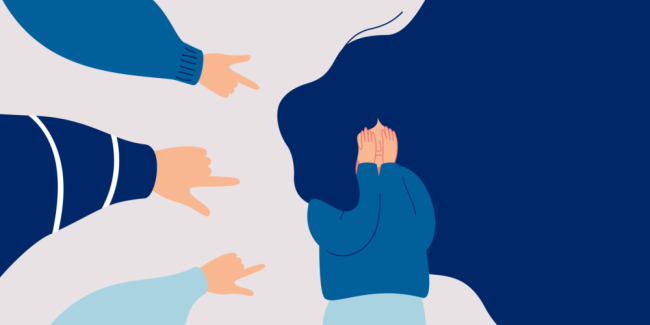The mental health of our pupils is equally important as their physical health
Please see the files below for resources to support emotional and mental health.
- Shout is a new service to support people who are struggling with their mental health. Shout is the UK’s first free 24/7 text service for anyone in crisis anytime, anywhere. It’s a place for people to go if they are struggling to cope and you need immediate help. Anybody can text Shout to 85258 for support.
- Kooth is a free online service for age 10 and up. Kooth
- Childline is a free service which is able to support children to deal with a wide range of problems including online safety issues. Children can contact ChildLine 24 hours a day, 7 days a week if they are struggling to deal with a situation and need support. For children uncomfortable with talking to somebody directly there is a one-to-one online chat service. https://www.childline.org.uk/






